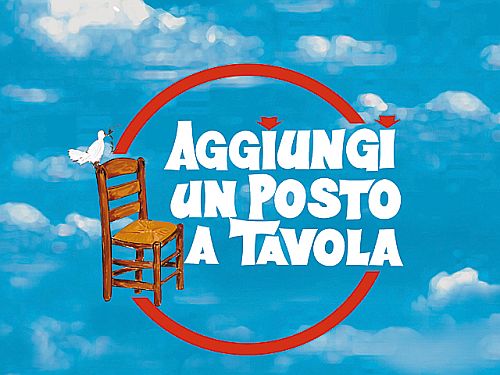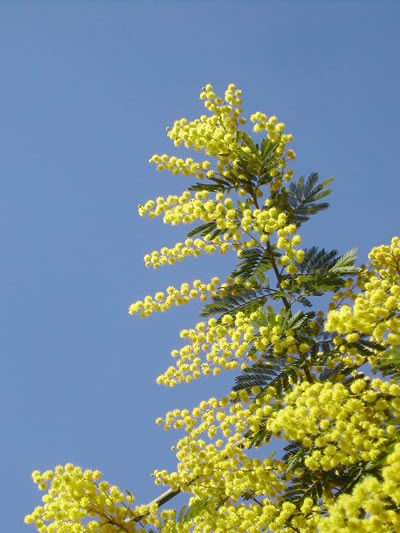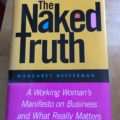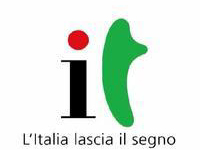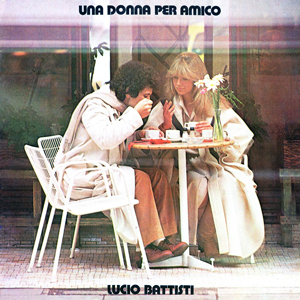In my encounters with fellow alumni of Woodstock School, many naturally ask me if and when my own daughter will attend. The answer is: with a great deal of luck, she will start in August, 2007, for an exchange year which will be her fourth/senior year at Woodstock, but only her penultimate year of Italian high school.
The application process has not been easy. Not surprisingly, the application forms and process for SAGE (Studies Abroad in Global Education, the US-based outfit that runs Woodstock’s exchange program) are slanted towards US students. There are differences between Italian and US school systems and cultures that could cause an Italian applicant to look “weak”.
American private schools and universities are fond of “well-rounded” applicants, expecting students to be doing sports, public service, paid work, arts, etc., in addition to lots of schoolwork (apparently, no one is allowed time to just be a kid anymore).
Almost none of this is likely or even possible for Italian kids.
Italian Students Are Not “Well-Rounded” – Here’s Why
There are no extra-curricular activities in Italian public schools (I assume for lack of funding). The only sport is PE. There is no music, no school newspaper or yearbook, rarely drama, no clubs. There is student government (mandated by law), but only two class representatives (plus two for the whole school) are elected per year, and they don’t do much. There are occasional special events that students can volunteer to participate in (Ross is usually the photographer). Ross’ current private school does try to get their kids to do volunteer work, in a very limited way (Ross tutors a younger girl in English).
Some kids do after-school sports or dance, a few competing very seriously, but participation at that level is expensive and takes a lot of time. Otherwise, Italian kids don’t have opportunities for awards or recognition. Volunteerism exists in Italy only on a small scale, and few kids are encouraged to participate. Almost none but the truly needy work after school or during summers – it was unusual that Ross did an internship last summer, at the company where I worked.
Italian kids simply don’t have time or opportunity to do much of anything outside of school and homework. One effect of this is that kids who are not good at academics may never get a chance to shine at anything, nor to realize that they may have non-academic skills that are useful and valued in society. This can’t be good for their self-esteem. No wonder so many seem to be drifting and unmotivated.
The SAGE application asks about a “guidance counselor,” a role which doesn’t exist in the Italian system. No guidance is offered about university entrance or careers – kids figure these things out together with their parents, which may be part of the reason that many university students seem profoundly uninterested in the degrees for which they are studying.
Some high schools used to have part-time psychological counsellors available, but those positions have disappeared from public schools with recent cuts in education funding.
There is no tracking in Italian schools, no honors levels or anything of that sort: everyone does exactly the same classes as their classmates, sink or swim. If you fail three or more subjects in a year, you repeat the year, and the failure rates are astonishing. In Ross’ first year of high school, six or seven of the 25 kids in her class failed. The same thing happened again in her second year (which was when Ross herself failed). I’m not crazy about the American practice of “social promotion,” either, but there’s got to be a happy medium somewhere!
Italian grading is a mystery to me. In high school, students are graded on a scale of 1-10, with 6 being a pass, but grades above 7 don’t seem to be assigned at all routinely. Given that, and the high rate at which students fail classes and entire grade levels, I was amazed to learn last year that 97% of students pass the maturità (school leaving exam) on their first try, with some high proportion getting very good marks. Perhaps the teachers grade harshly throughout high school to keep them humble. In discussion about this on the Expats in Italy forum, one Italian participant opined that some high school teachers grade punitively to enhance their own sense of power. (Hey, she said it, not me!)
The SAGE application further asks: “Smoking, use of alcoholic beverages and drug abuse are unacceptable at SAGE schools. Does the applicant have a history of using any of these?”
My answer: “In Italy, it was until a few months ago perfectly legal for 16-year-olds to buy and consume alcohol. A new law says 18 [I’m not even sure this passed], but it’s doubtful that this will survive as law, let alone be applied in real life. Most Italian kids drink wine at home with their families from age 12 or even younger – this is a cultural norm. Smoking is legal from age 16, and many kids (unfortunately) smoke. Light drugs such as marijuana are treated lightly by the law. (Ross drinks, but she knows the rules, and will abide by them at Woodstock.)”
Anticipating a Difficult Re-Entry
A huge question mark over this whole exchange idea is what happens when the student returns. The Italian government encourages students to go on exchange programs during both high school and university, and increasing numbers are doing so, usually to English-speaking countries so that they can become fluent in English. But their re-entry into the Italian system is difficult.
The classes they take as high school seniors in average American public schools are far behind the levels at which their Italian peers study in the fourth year. Unless they had excellent grades when they left (which is difficult – see above), upon return to Italy most face the unappetizing prospect of studying (alone) all summer to make up the deficit, then trying to pass comprehensive exams before the new school year starts in fall, so that they can rejoin their peers in the fifth year. If they choose not to do this, or fail too many of the tests, they must repeat the fourth year.
Some of this process would be easier if we had signed Ross up to one of the several established exchange programs in Italy, but these give you no control over where you end up and for Ross, who doesn’t need to learn English, going to some random school in the US is not particularly appetizing. For the sake of future Italian students who may wish to attend Woodstock (which likes to be as international as possible), I may eventually talk to some of these agencies and see what the prospects are for working together, but they would not move in time to help Ross for next year (one I wrote to months ago never responded to my email).
So we’re doing this on our own. Because Woodstock has much higher standards than most American public schools, I am hoping that Ross will be able to avoid some re-entry hassles if we carefully match what she studies there (e.g., in math, physics, and science) with what she’ll be missing here. Some subjects, such as Dante, she will certainly have to do on her own.
Assuming that she’s even accepted to Woodstock in the first place. With Ross’ long history of being a misfit in the Italian school system, her grades are disastrous. But the prospect of going to Woodstock seems to be a powerful motivator: now, when it’s almost too late, she is throwing herself into her studies, and starting to see results. It’s not easy for her, and probably never will be, but she’s trying hard. Let’s hope it achieves the results she desires.
Further Addendum from D
Mar 4, 2007
In the flurry of gathering papers and filling in forms, I forgot to mention perhaps the most important result I’d like to see for Ross if she attends Woodstock: friendships. Not that she lacks for friends here, but there’s something qualitatively different about the friendships one makes in a situation like Woodstock. My classmates, staff, and other friends from Woodstock are my family: the people I can rely on to understand me deeply and be there for me, as I am for them.
And this doesn’t just apply to the people who happened to be there when I was there. With the shared bond of this very unique (okay, weird!) experience, superficial differences like nationality or religious belief simply fall away. I can meet any Woodstocker, anywhere in the world, and, no matter whether I’ve met them before or they’re twenty (or more!) years older or younger than me, I know that, at the very least, I can look forward to a good conversation.
Addendum: Rossella was accepted into Woodstock School. Now we have a lot to do.

